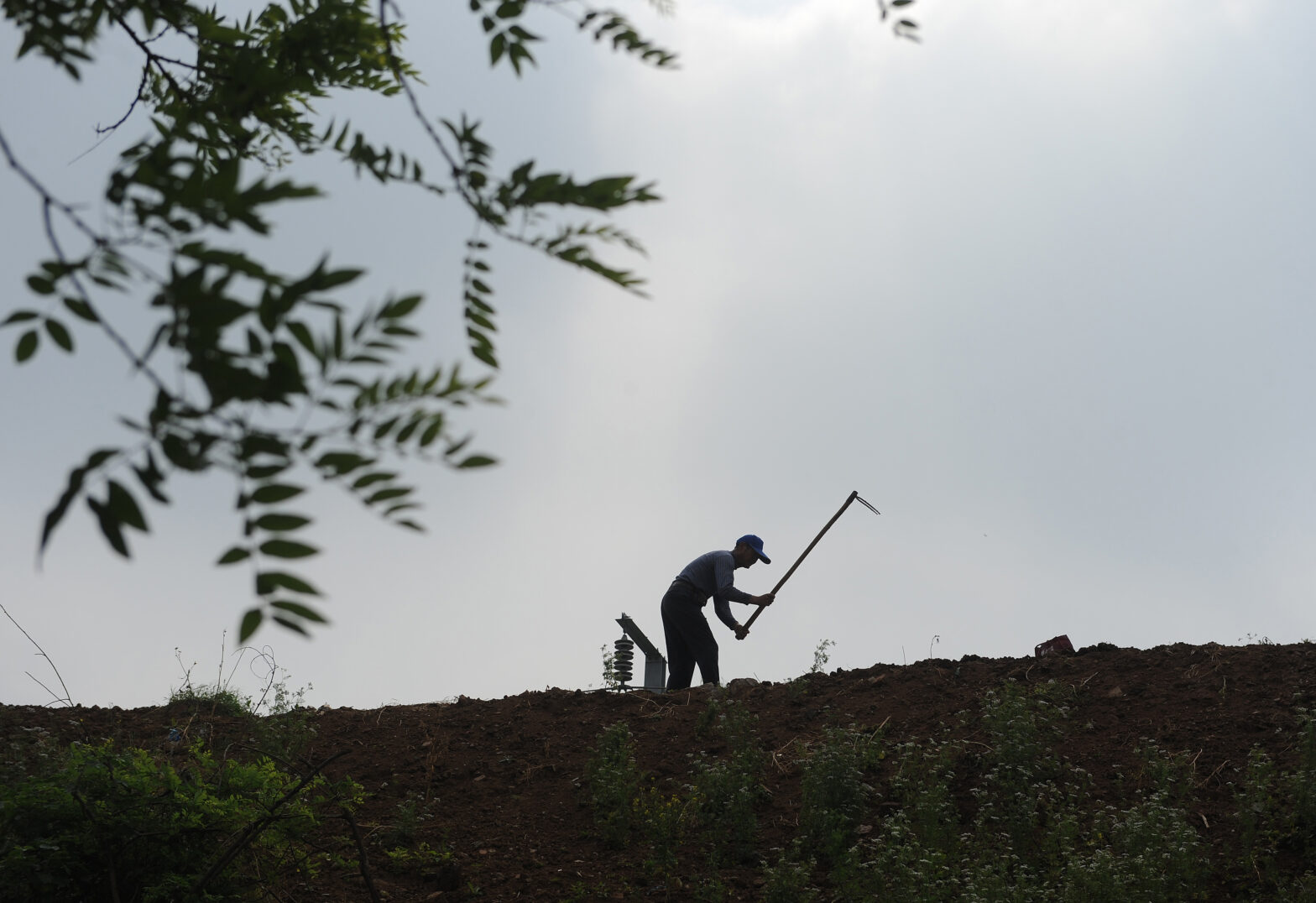The unemployment crisis in China is coming to a head as more than 11 million college graduates are expected to enter the workforce, according to CNN. Unfortunately, little to no jobs await them. So a Hong Kong manufacturing region is suggesting the youth go work in the fields.
Guangdong, a province in southeast China is offering to assist Chinese young people and entrepreneurs in finding work in rural villages. They also are encouraging youth to look for work in the countryside on farms and in the rice fields, according to CNN.
The province’s suggestion isn’t a surprise to China’s unemployed. Last December, President Xi Jinping called for jobless youth to “revitalize the rural economy” by finding jobs in the countryside, according to Radio Free Asia. However, the suggestion is a reminder of the country’s stark exile of youth in its past.
Overqualified & Unemployed

Currently in China, 19.6 percent of young people between the ages of 16 to 24 are unemployed. Totaling to about 11 million youth, officials expect that number to double once 11.6 million students graduate college in May, according to the National Bureau of Statistics.
The lack of opportunities in the country is leaving youth desperate and angry. Researchers believe these youth could cause issues for the Chinese government in the future.
“If the earlier Covid-19 protests reveal anything, it’s that large numbers of angry, well-educated youth in China’s cities could present big problems for the ruling Chinese Communist Party,” said Alex Capri, a research fellow at the Hinrich Foundation, referring to demonstrations in November 2022.
Now young people feel trapped by their collegiate experience. Overqualified for available positions and scurrying to snatch up what jobs are left, many disgruntled college grads have disparaging hope when it comes to their futures.
“Chinese students, exhausted by pandemic lockdowns and concerned about China’s ever-evolving model of state capitalism, are beginning to realize that a degree may not improve their social position, nor result in some other guaranteed benefit,” said Craig Singleton, a senior fellow at the Foundation for Defense of Democracies.
Another “Lost Generation”
The recent unemployment debacle in China reminds many citizens of another dark moment in the country’s history.
Between 1950 and 1970, tens of thousands of urban, Chinese youth were exiled to the countryside to work in the fields. As a part of Mao Zedong’s Cultural Revolution, many secondary school and college graduates were forced to abandon their dreams and aspirations to work on farms across rural China.
“We were told that city dwellers never move their limbs and could not distinguish different crops,” says Hu Rongfen told CNN. “So we were banished to labor and learn skills and grit from peasants.”
During her 2012 interview with CNN, 58-year-old Hu describes being forced to stop her education after middle school. She’d spend the next four years in the field, chopping wood, moving cow feces, and planting crops.
Hu was a part of what is now considered China’s Lost Generation, a slew of Chinese youth who forfeited their higher education to advance Mao’s war against capitalist and feudalist culture, according to CNN. While some worry President Xi’s solution echoes similar sentiments as Mao, researchers believe this generation of young people may not be as compliant as past generations.





